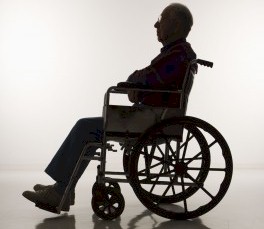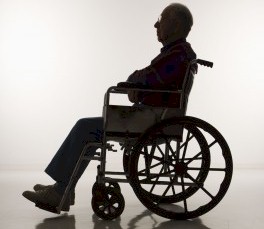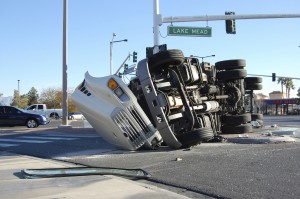As a diabetes sufferer, your symptoms and complications may eventually prevent you from working. If that occurs, you may be entitled to benefits through the Social Security Disability Insurance, or SSDI, program.
Diabetes mellitus 1 and 2 are conditions that affect the pancreas’ ability to produce insulin. Type 1 is diagnosed in childhood and because the body does not produce insulin, or produces insufficient insulin, requires insulin injections. Type 2, or adult onset, is based on the body’s immune response to insulin. In this form, the body is resistant to the insulin being produced, and therefore is lacking the means to metabolize sugars ingested. It is usually the result of poor diet, lack of exercise, and occasionally is hereditary. Both can be life long debilitating diseases depending on treatment response and compliance. Diabetes can mean a simple lifestyle change or a complicated disease that slowly takes away the freedom to enjoy life. If you find that your diabetes is preventing you from working and causing a decline in your health, SSDI may be available to those who qualify.
Depending on what type you have, you may be wondering if you qualify for SSDI benefits in the event that full-time work has become a problem for you. The qualification process is complicated and many requirements must be met; however, many are able to qualify based on their existing history and complications arising from the disease. Take note that diabetes itself has been removed from the qualifying list, or Blue Book, for SSDI as of 2011 because type 2 can be a preventable disease and treatments are usually effective in managing both types of the disease. Therefore, one must be able to prove that issues arising from the disease are causing disability. Some of these issues include neuropathy (nerve damage), which results in motor skill disturbance, retinopathy that affects visual ability, acidosis, cardiovascular disease, kidney problems, digestive problems, high blood pressure, skin infections, and amputations. If you are affected by any of these complications, you may qualify for SSDI.
If you are having any of the residual complications, it is important to have documentation from specialists, as well as from your primary care physician that state that the complications are from diabetes and that your diabetes is impairing your ability to perform work. Specialists, of course, are more credible than primary physicians. There is also the residual functional capacity (RFC) form from SSDI that is used to determine what level of work, if any, you are able to perform despite your complications. It is possible to still receive benefits even if you can perform certain types of work – sedentary, part-time, or other types of limited working environments
Because this disease tends to have limitations and requires considerable evidence to prove disability, many claims are initially denied. If your diabetes is preventing you from holding down a job, however, applying for SSDI may be your best option. If you have specific questions or concerns, contact the experienced Michigan SSDI attorneys at Slusky and Walt, the American Benefit Experts, by calling 1-800-ABE-HELPS (1-800-223-4357) today to schedule your free consultation.










